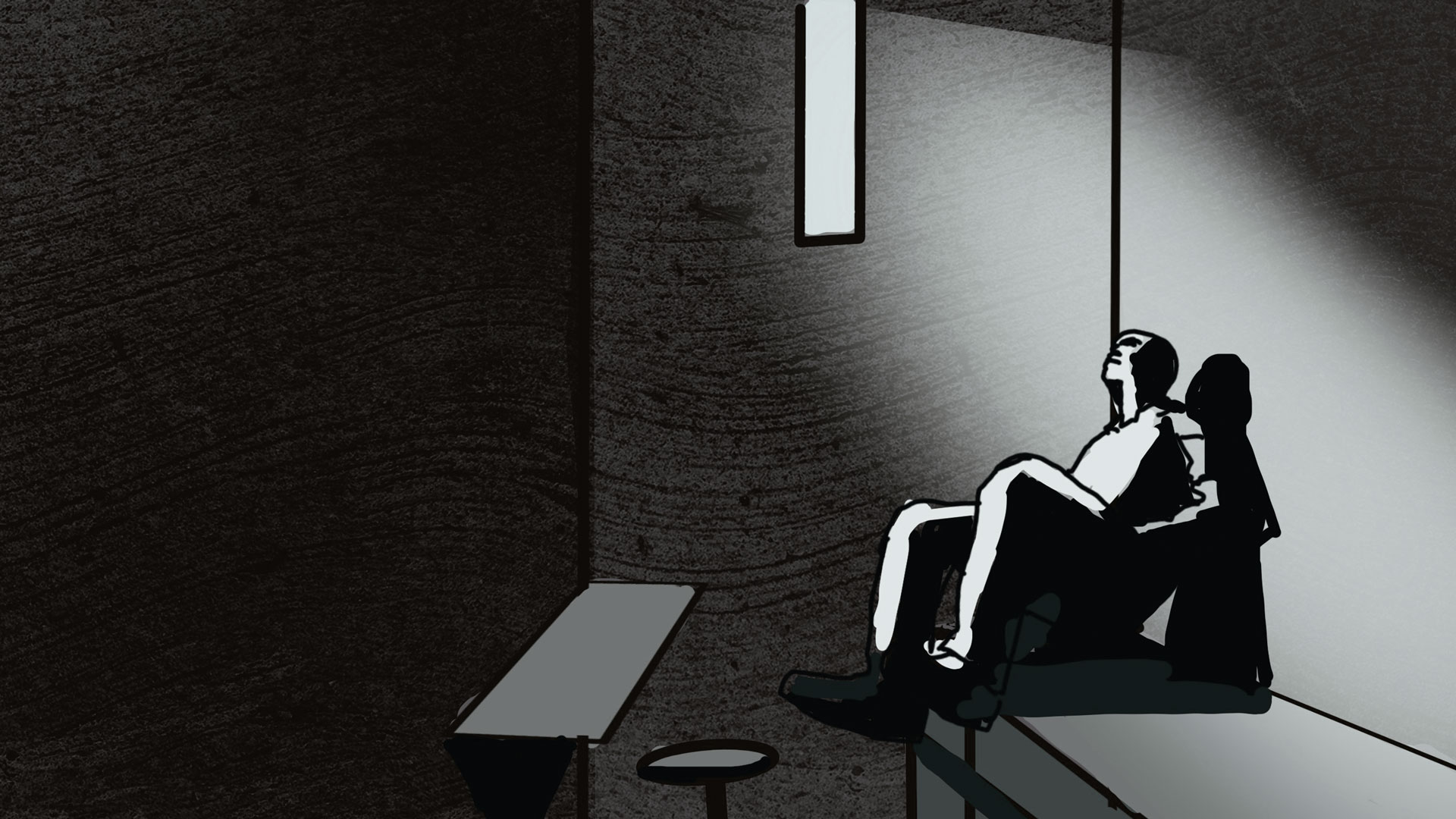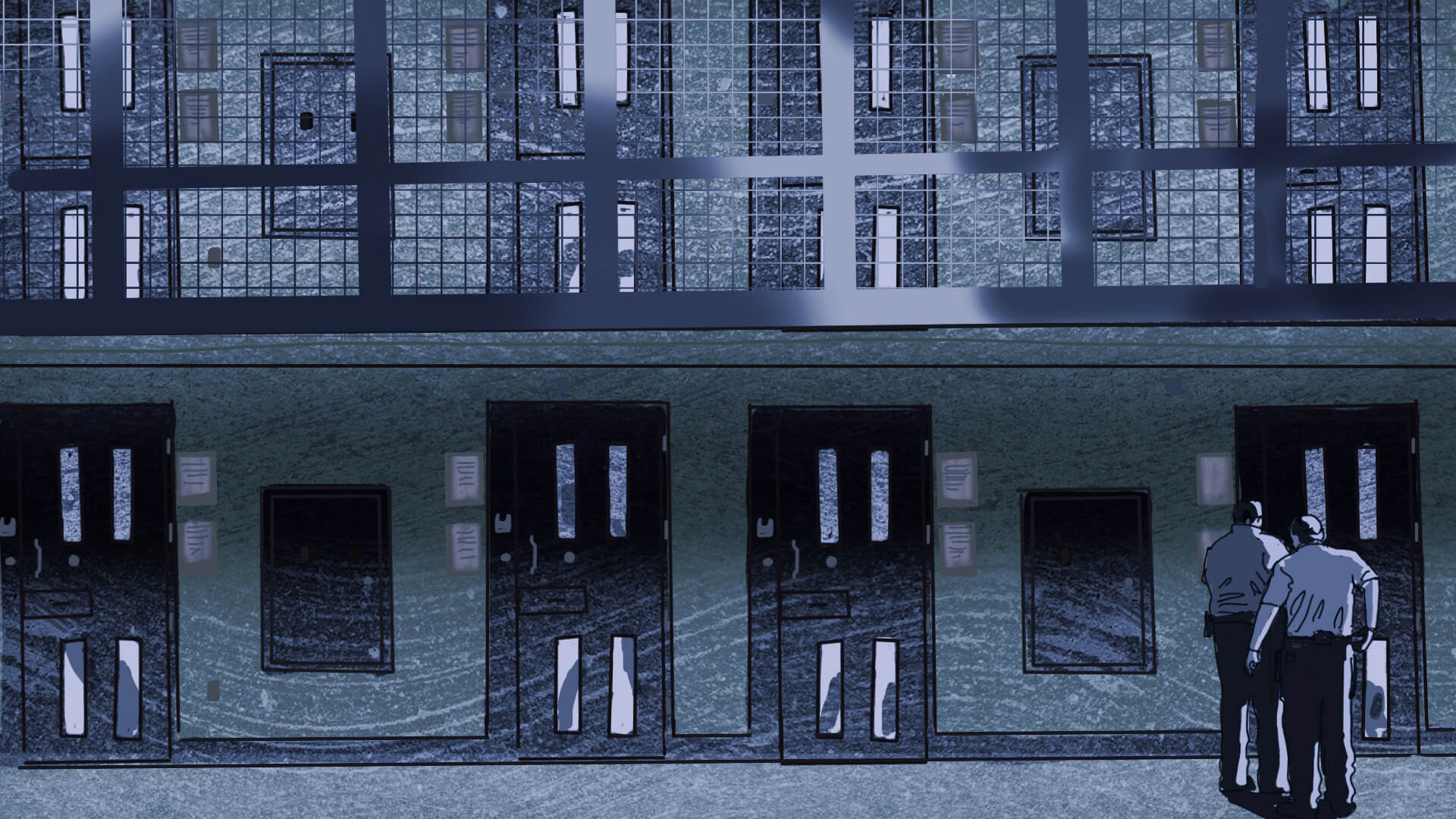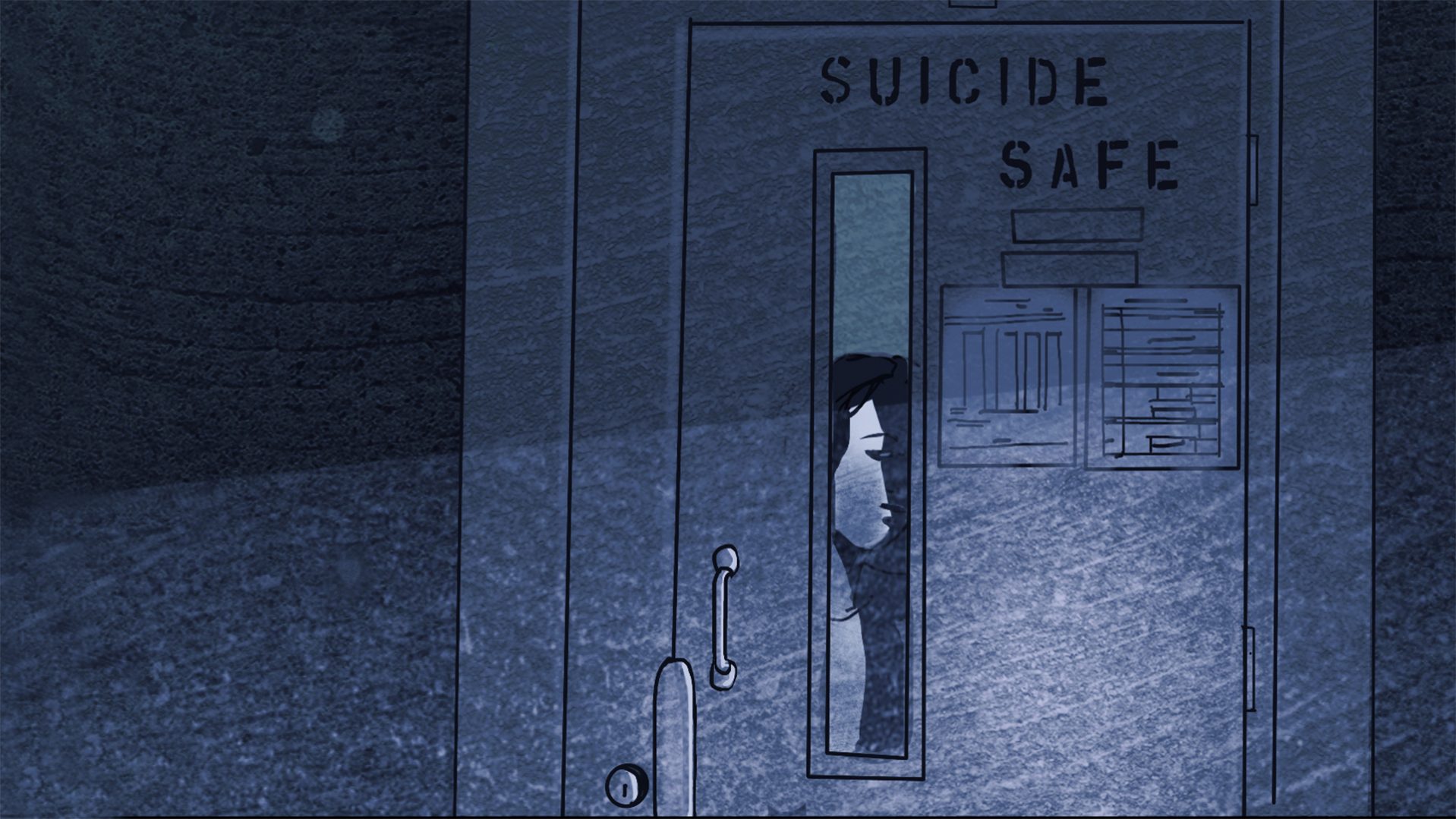ICIJ’s data analysis for the Solitary Voices investigation is based on a review of more than 8,400 incident reports obtained through a Freedom of Information Act request to U.S. Immigration and Customs Enforcement (ICE).
The reports describe the placement by ICE of immigrant detainees in solitary confinement from 2012 to early 2017. The detainees in the reports are from more than 160 countries.
The information presented in the Solitary Voices data visualization and in the downloadable data is a direct reflection of the way the data was received. ICIJ did not perform any transformation of the records that are available for download. ICIJ only standardized the field “mental Illness” that had four different values “yes,” “no,” “mental illness” and “serious mental illness” to count cases in which a mental illness was flagged. Each of the fields in the spreadsheet were also included in the original set provided by ICE, except for “days in solitary,” “LGBT,” “suicidal” and “record id,” which were added by ICIJ as part of its analysis.
—
—
The number of days in solitary were calculated using the date of placement in solitary confinement and date of release provided in the original spreadsheet. In cases in which a release date was not included, there is no value for the total number of days in isolation.
The LGBT field shows cases in which the detainees were identified as LGBT either in the “placement reason” field, or as part of an ICIJ text analysis of the fields “detailed reason” and “additional comments export.”
The field “suicidal” involves cases where detainees were identified as such or put on suicide watch either in the “placement reason” field, or as part of an ICIJ text analysis of the fields “detailed reason” and “additional comments export.” Not every person in suicide watch is suicidal.
ICIJ also reviewed the gender of the detainee, country of citizenship, facility where a person was placed in solitary confinement, the reason of placement and whether or not the detainee was described as having a mental illness.
Each record in the data represents a solitary confinement placement. Some detainees were put in solitary multiple times.
The text description available in the fields “detailed reason” and “additional comments export” is not included in the downloadable version to avoid compromising the identity of people that were placed in solitary confinement.
The data used for analysis does not reflect the total universe of detainees placed in solitary confinement by ICE from 2012 to 2017. ICE said it does not keep records of every solitary confinement placement. Instead it tracks only those cases where detainees were held in isolation for more than 14 days, and where immigrants with a “special vulnerability” were placed in isolation. This latter category includes detainees who have a mental illness, have been victims of abuse or would be at risk in a facility’s general population due to their sexual orientation or gender identity.
Some ICE detention centers may also under-report solitary confinement placements.
Two fields from the original data have not been published in full by ICIJ. The text descriptions available in the fields “detailed reason” and “additional comments export” is not included in the downloadable version to avoid compromising the identity of people that were placed in solitary confinement.
If you are a journalist interested in accessing and investigating this data further, please contact us via email at data@icij.org. Please include your full name and media organization.
Global crisis support resources can be found via the International Association for Suicide Prevention.







